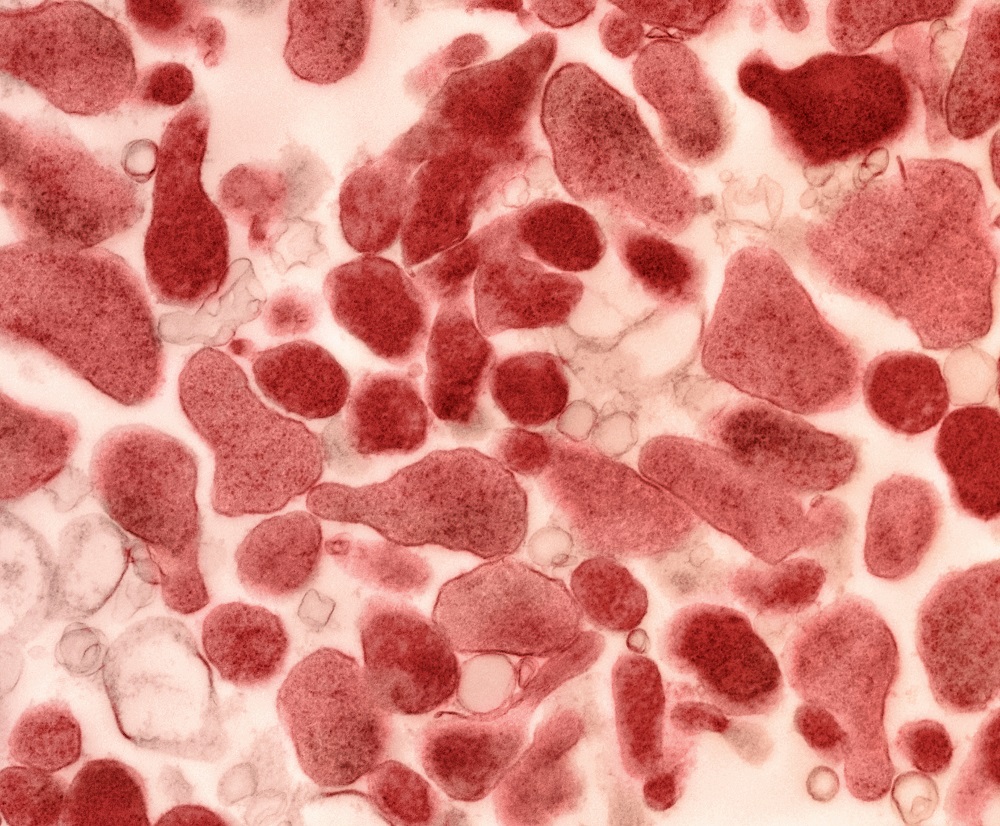
If you're told you have a mycoplasma infection, you'll need to dig a little deeper and find out what type you've got. There are five major kinds, and each one can affect you in a different way.
All mycoplasma infections have one thing in common, though. They're caused by tiny living things called bacteria.
Unlike other bacteria, the ones that lead to mycoplasma infections don't have cell walls. That's important because many antibiotics kill bacteria by weakening those walls. Since mycoplasma bacteria don't have them, some antibiotics, like penicillin, won't work against them.
There are about 200 types of mycoplasma bacteria, but most of them are harmless. The ones you may have to worry about are:
This type causes lung infections. About a third of people who get infected come down with a mild form of pneumonia called "walking pneumonia." Most people, especially children, will get "tracheobronchitis," a fancy name for a chest cold.
You can catch one of these infections when someone who is sick coughs or sneezes and sends droplets with the bacteria into the air.
If you're infected with Mycoplasma pneumoniae, you may get symptoms like:
To treat your infection, your doctor may suggest one of these types of antibiotics:
You get this if you have sex with someone who's infected. Some people don't have any symptoms.
If you're a woman, you may notice that you:
If you're a man, the infection can cause:
To find out if you're infected, your doctor may do a test called NAAT to look for the bacteria's genes. He will ask for a urine sample or take a swab from the vagina, cervix, or urethra.
For treatment, you may need to take one of these types of antibiotics:
Your partner may need to get treated, too.
There's a little bit of trial and error when you take these meds, because sometimes the bacteria don't respond to them. If the first drug doesn't work, your doctor can prescribe a different one.
You can help prevent Mycoplasma genitalium if you use a condom during sex.
These bacteria live in the urinary tract and genitals of about half of all women and fewer men. But if you're in general good health, you don't have to worry. They rarely cause an infection. Women with a weakened immune system -- your body's defense against germs -- are most at risk.
You can sometimes pick up this infection during sex. The bacteria can also pass from a mother to her baby during childbirth.
If you're a woman, these bacteria may be linked to pelvic inflammatory disease, an infection of your reproductive organs. They can also lead to problems if you're pregnant, such as:
Mycoplasma hominis can also cause a fever and infection in your newborn baby.
To find out if you have an infection caused by this type of bacteria, your doctor will test a sample of fluid from your vagina or urethra. If you do, you'll get treated with antibiotics such as one in the tetracycline family, like doxycycline.
To help keep this infection away, always use a condom during sex. And limit how many partners you have.
Most healthy women have these bacteria in their cervix or vagina, and a smaller number of men also have them in their urethra. Normally, they don't cause any problems.
Ureaplasma can spread during sex. If you're pregnant and you're infected, you can pass the bacteria to your baby in the womb or during childbirth.
Some symptoms women can get are:
During pregnancy, the bacteria can lead to infections in both the mother and the baby. Problems in newborn babies can include:
To diagnose a ureaplasma infection, your doctor can take a sample of fluid from:
Your doctor will prescribe an antibiotic to treat the infection. Choices may include:
If you were infected while pregnant, your newborn baby may also need to get antibiotics.